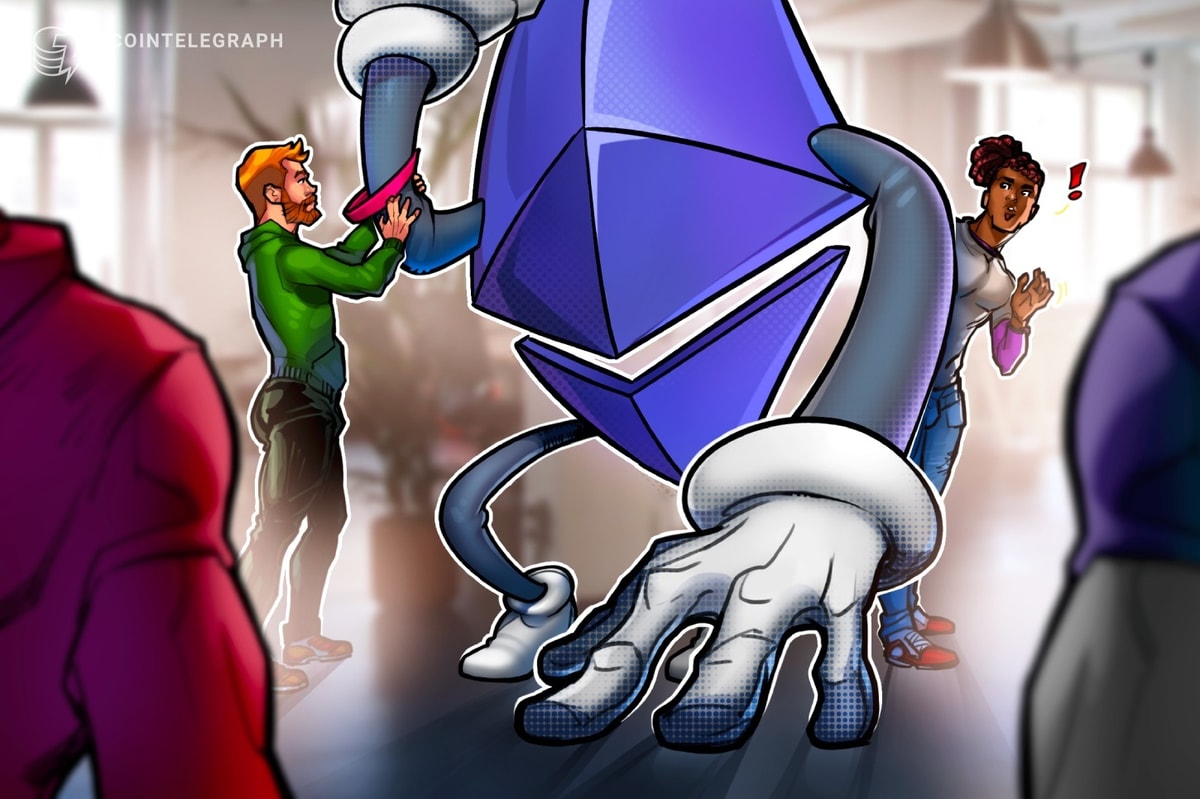Web3 has been a pretty hot investment area over the past 18 months, but we’ve seen it cool off significantly recently. As an investor looking at the industry, what’s your take on the main benefits and main risks?
If we start with the risk, it’s quite obvious there’s been a downturn in the markets – largely due to some more macro trends that have also affected broader equity markets. But as it relates directly to Web3, one of the main risks we see is that right now, there are something like two and a half million daily active wallets operating across Web3 and being used to buy things like crypto and NFTs.
But the reality of the situation is, when we make these investments, we need to see a credible trail to that number of wallets being significantly higher, like five or ten times higher. And that, to me, is one of the biggest risks. What will be the ‘aha moment’ to onboard the next 50 to 100 million mainstream Web3 users?
The other is the ratio of speculators to actual people who are interested in cryptocurrencies is getting out of hand and is creating a bit of volatility in the crypto market that’s not good longer term.
But in terms of benefits, blockchain is like another technology layer. When we invest in an enterprise software company or consumer tech application, we don’t describe the company as a company built on Amazon Web Services or built with PHP. We describe the actual functional utility.
Loading
When I look at new crypto investments, it’s about understanding what the real utility blockchain is enabling. It’s being used to enable a new economic ownership model that benefits users in a way that wasn’t happening in a Web2 world.
Do you think there’s a reckoning happening when it comes to the valuations of Web3 companies? Were they overvalued, and now things are coming back to reality?
In 2021, the general tech market was quite overvalued, but it was magnitudes more so in the blockchain space. OpenSea was probably the most visible example – it was valued at $13 billion in its most recent round but has seen its NFT trading volumes drop more than 90 per cent.
The good news is many of those companies have raised significant amounts of capital and now have pulled back on spending to focus on unit economics and really responsible growth. But those companies will still have a lot of work to do to grow into their valuations.
I think the current economic environment has caused a bit of a reset in the venture community. I’m seeing entrepreneurs that will mention a certain valuation, and then come back to me maybe two weeks later with a deal that’s half that valuation. And these are fundamentally sound companies, it’s just that I think there’s been a reset from the entrepreneur side that had been lagging since the drop in equity markets and crypto prices.
The price of bitcoin, and therefore other cryptocurrencies, has become closely linked with major US stock indexes.Credit:
It’s hard not to draw comparisons to the later stages of the dot-com bubble.
Yeah absolutely, but I would point to one metric which is the amount of code being written for blockchain-based businesses. What we’ve actually been tracking is the amount of code developers push every week. And while it’s certainly down from the beginning of this year by about 20 per cent, it hasn’t crashed to the same extent that the price of many of these cryptocurrencies have.
What that signifies to me is that there’s a cleansing of the speculators from the market, and we’re seeing less of a downturn in the number of builders who are actually pushing out new utility-based applications and who have less of an interest in getting rich quick.
Loading
Last week we saw the Biden administration release a framework for regulating crypto. Do you think what they’re proposing will be a positive thing for the industry?
There’s been a bit of a battle, particularly in the US, around who is going to regulate crypto markets. That’s been happening between…
Read More: www.watoday.com.au









 Bitcoin
Bitcoin  Ethereum
Ethereum  Tether
Tether  XRP
XRP  Solana
Solana  USDC
USDC  Cardano
Cardano  Dogecoin
Dogecoin  TRON
TRON  Lido Staked Ether
Lido Staked Ether  Lombard Staked BTC
Lombard Staked BTC  Pi Network
Pi Network  Wrapped Bitcoin
Wrapped Bitcoin  LEO Token
LEO Token  Stellar
Stellar  Chainlink
Chainlink  USDS
USDS  Hedera
Hedera  Wrapped stETH
Wrapped stETH  Avalanche
Avalanche  Shiba Inu
Shiba Inu  Sui
Sui  Toncoin
Toncoin  Litecoin
Litecoin  Bitcoin Cash
Bitcoin Cash  MANTRA
MANTRA  Polkadot
Polkadot  Ethena USDe
Ethena USDe  WETH
WETH  Binance Bridged USDT (BNB Smart Chain)
Binance Bridged USDT (BNB Smart Chain)  Bitget Token
Bitget Token  WhiteBIT Coin
WhiteBIT Coin  Hyperliquid
Hyperliquid  Monero
Monero  Wrapped eETH
Wrapped eETH  Uniswap
Uniswap  sUSDS
sUSDS  Dai
Dai  NEAR Protocol
NEAR Protocol  Aptos
Aptos  Pepe
Pepe  Ethereum Classic
Ethereum Classic  Ondo
Ondo  Internet Computer
Internet Computer  Aave
Aave  OKB
OKB  Gate
Gate  Mantle
Mantle  Coinbase Wrapped BTC
Coinbase Wrapped BTC